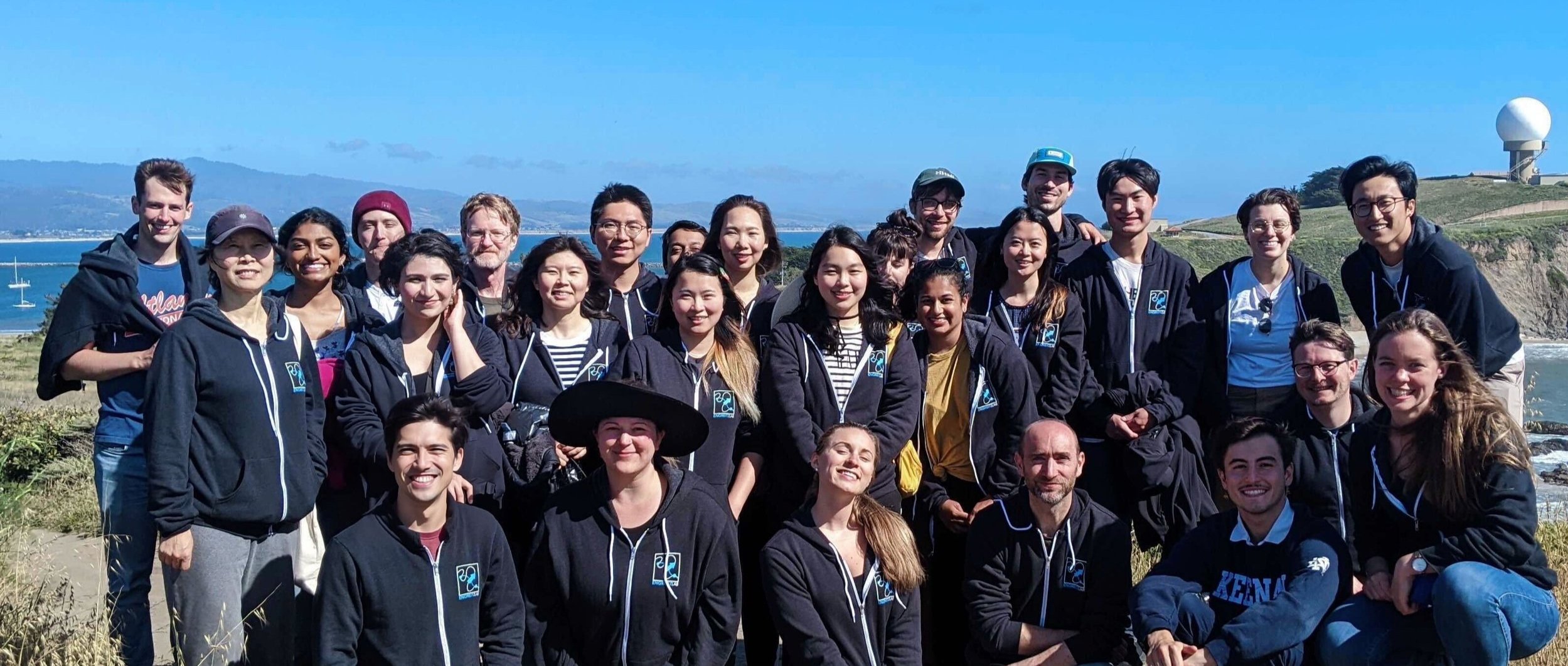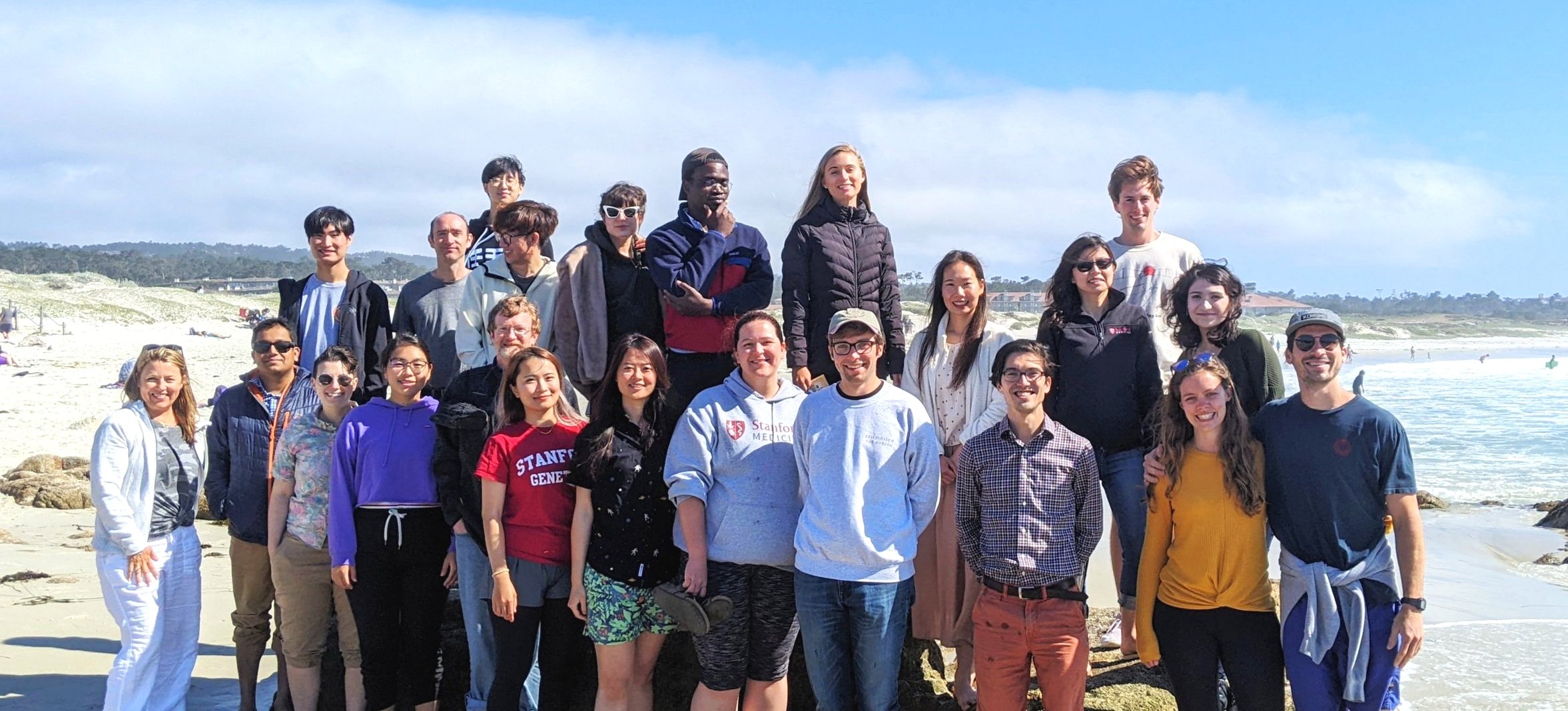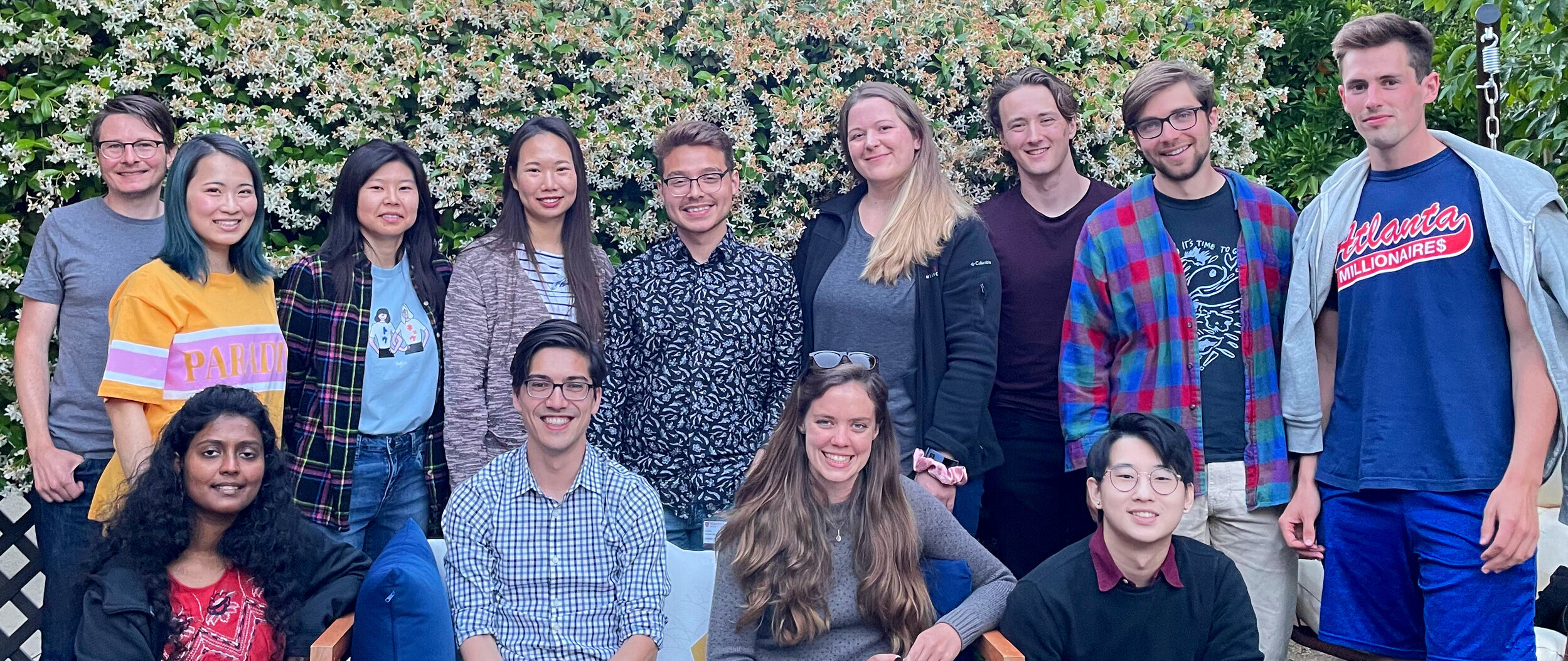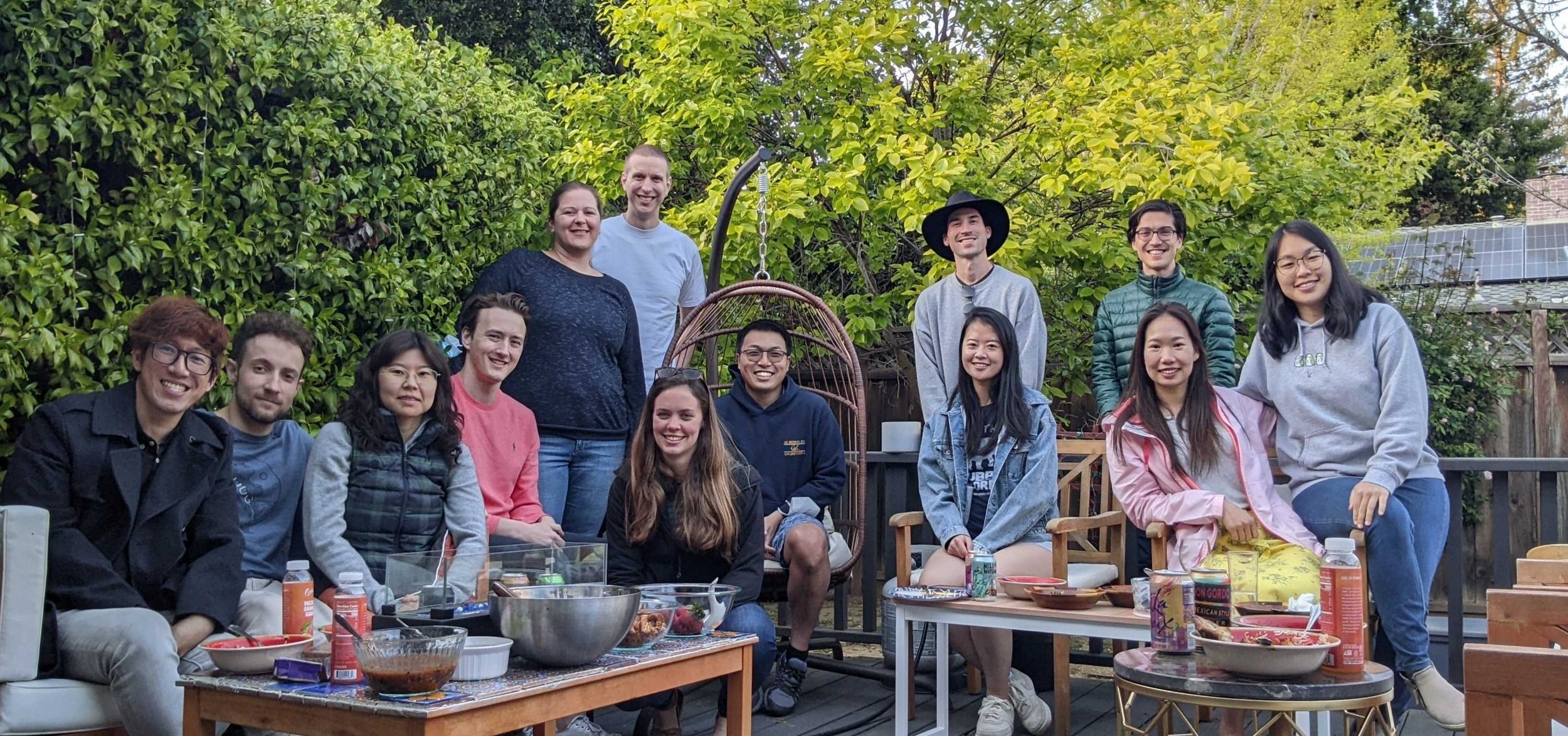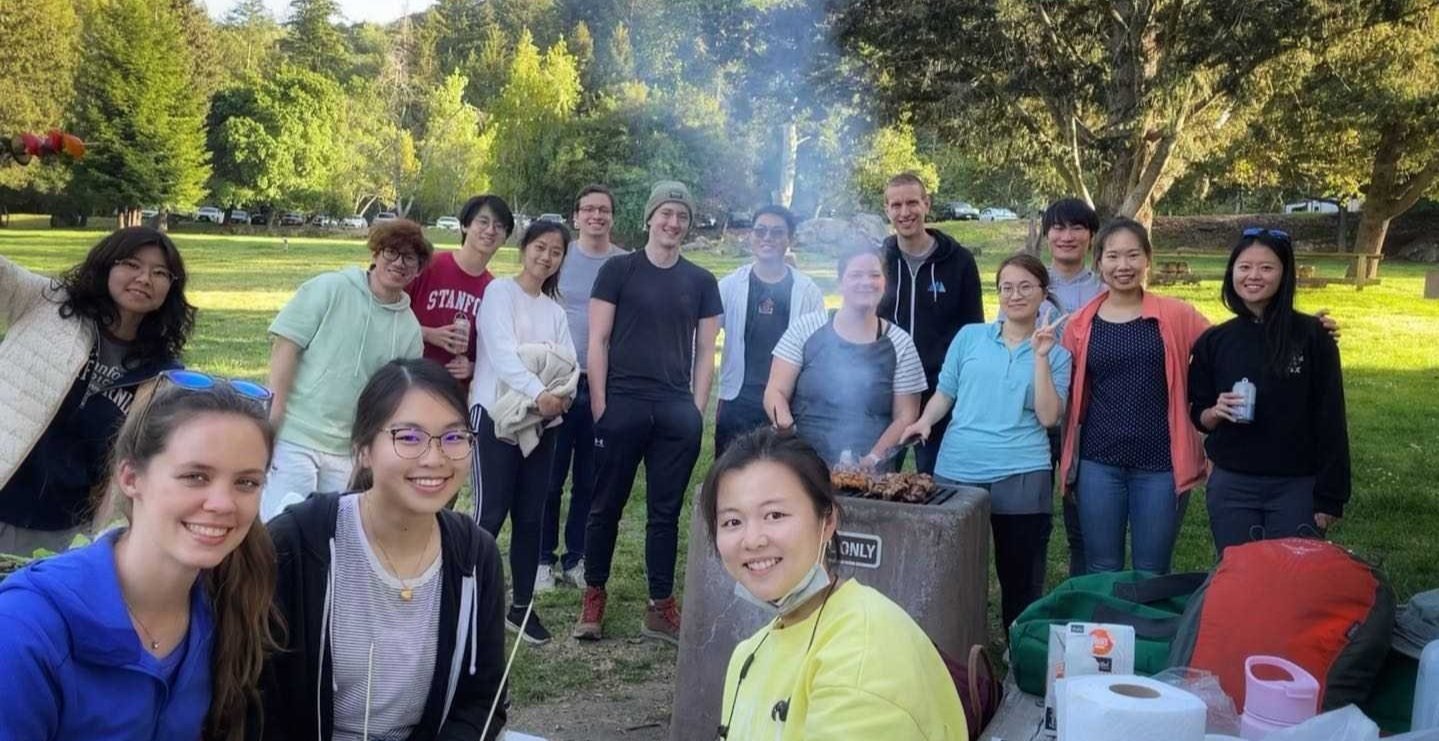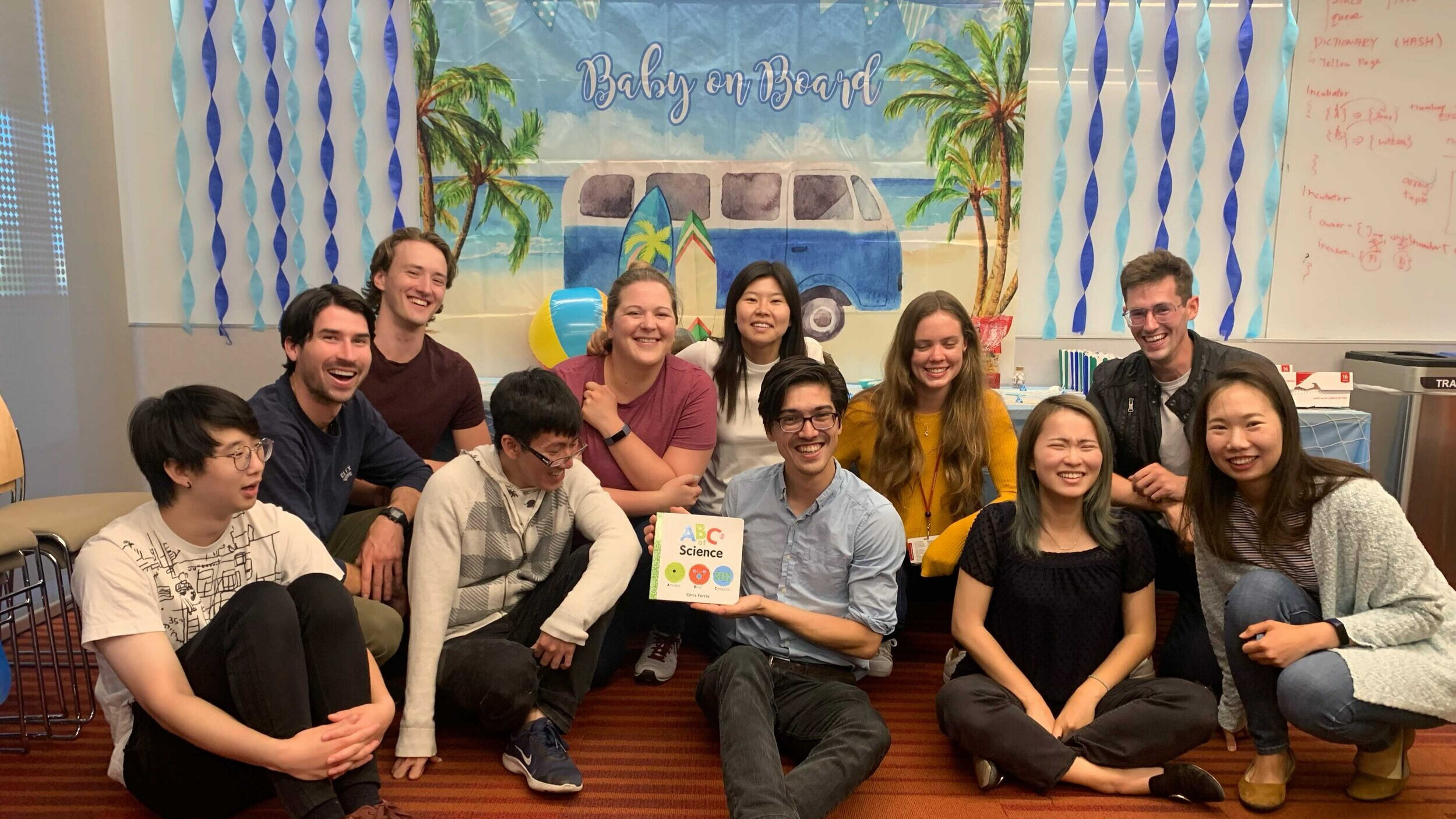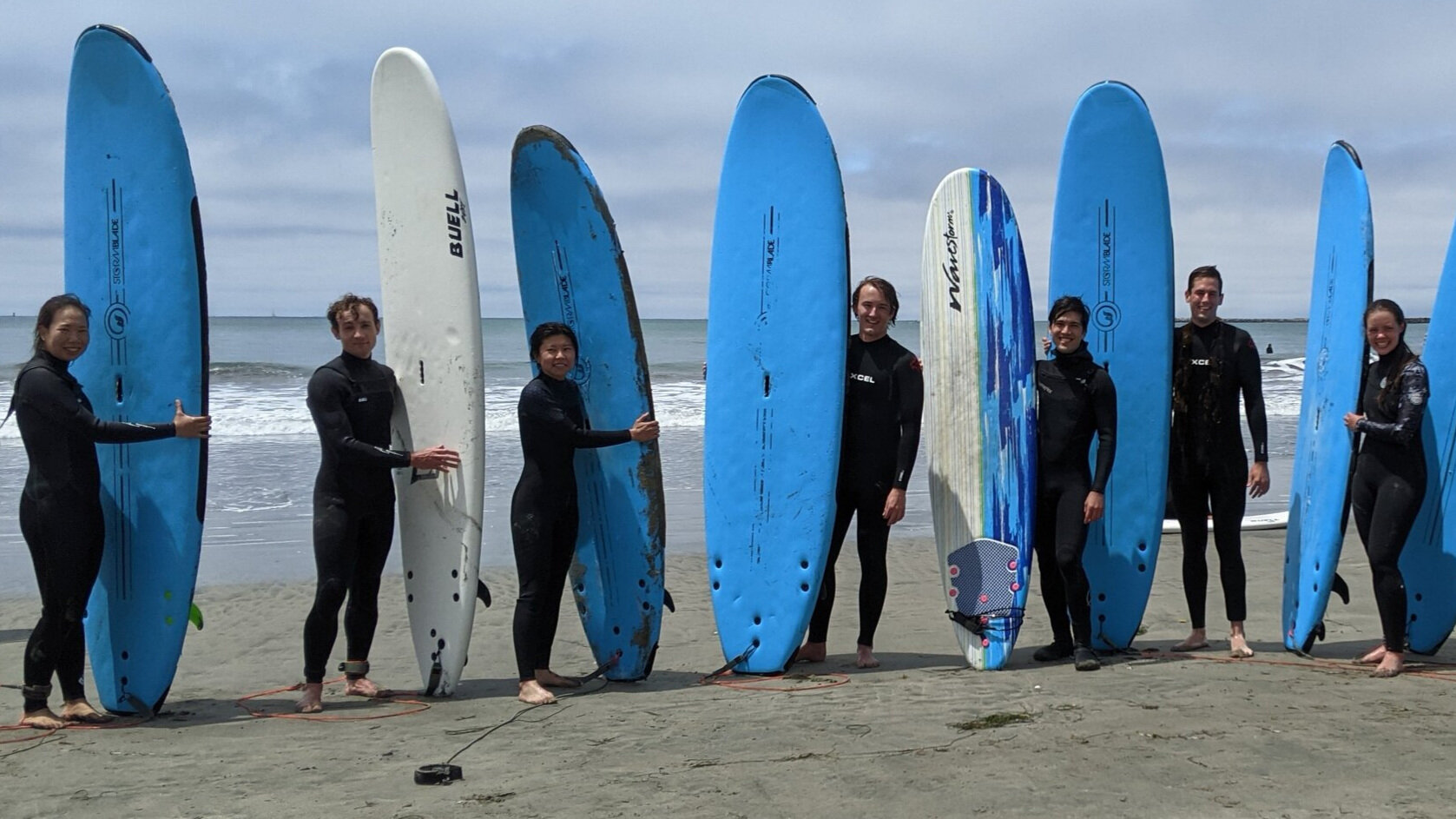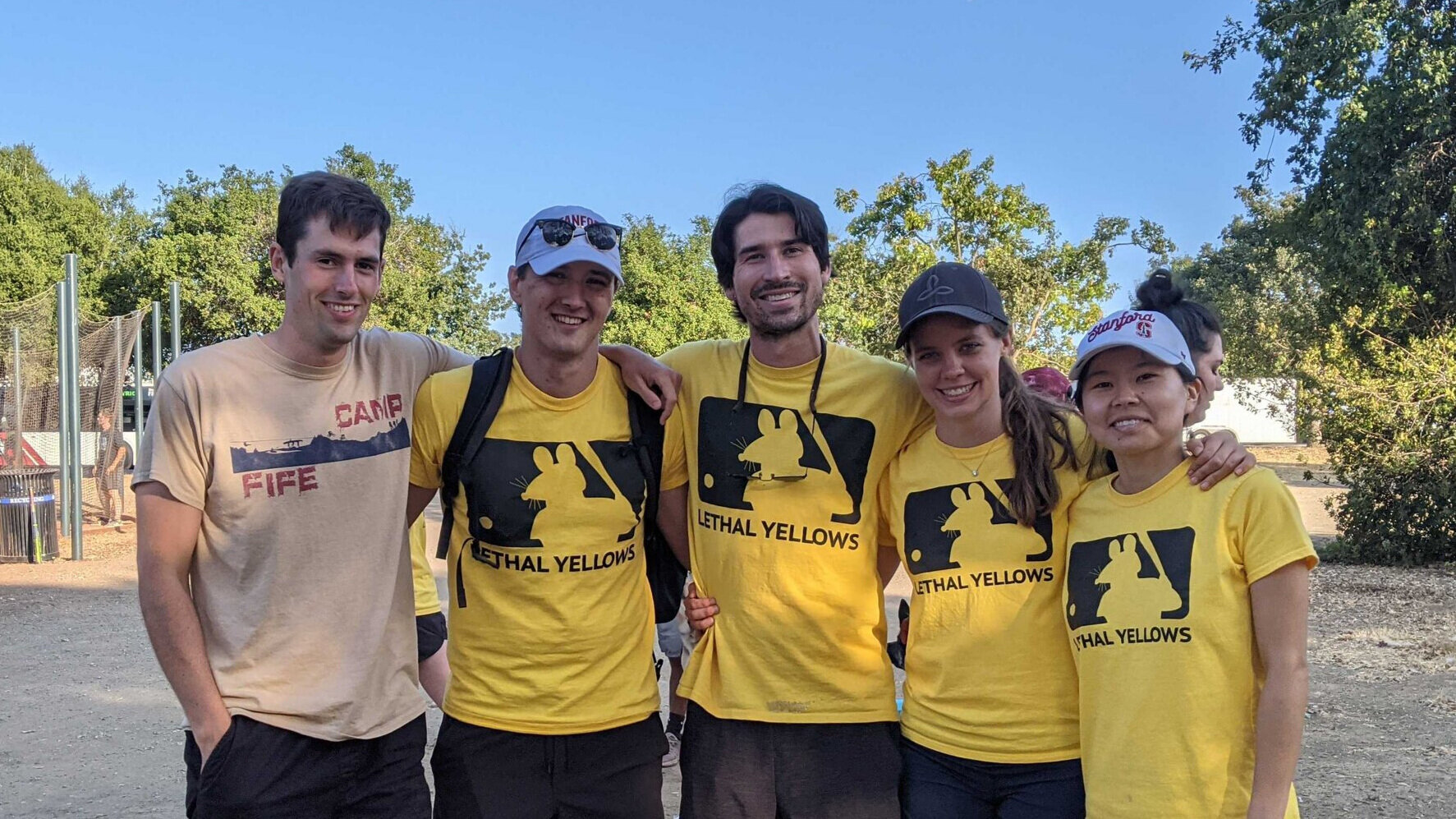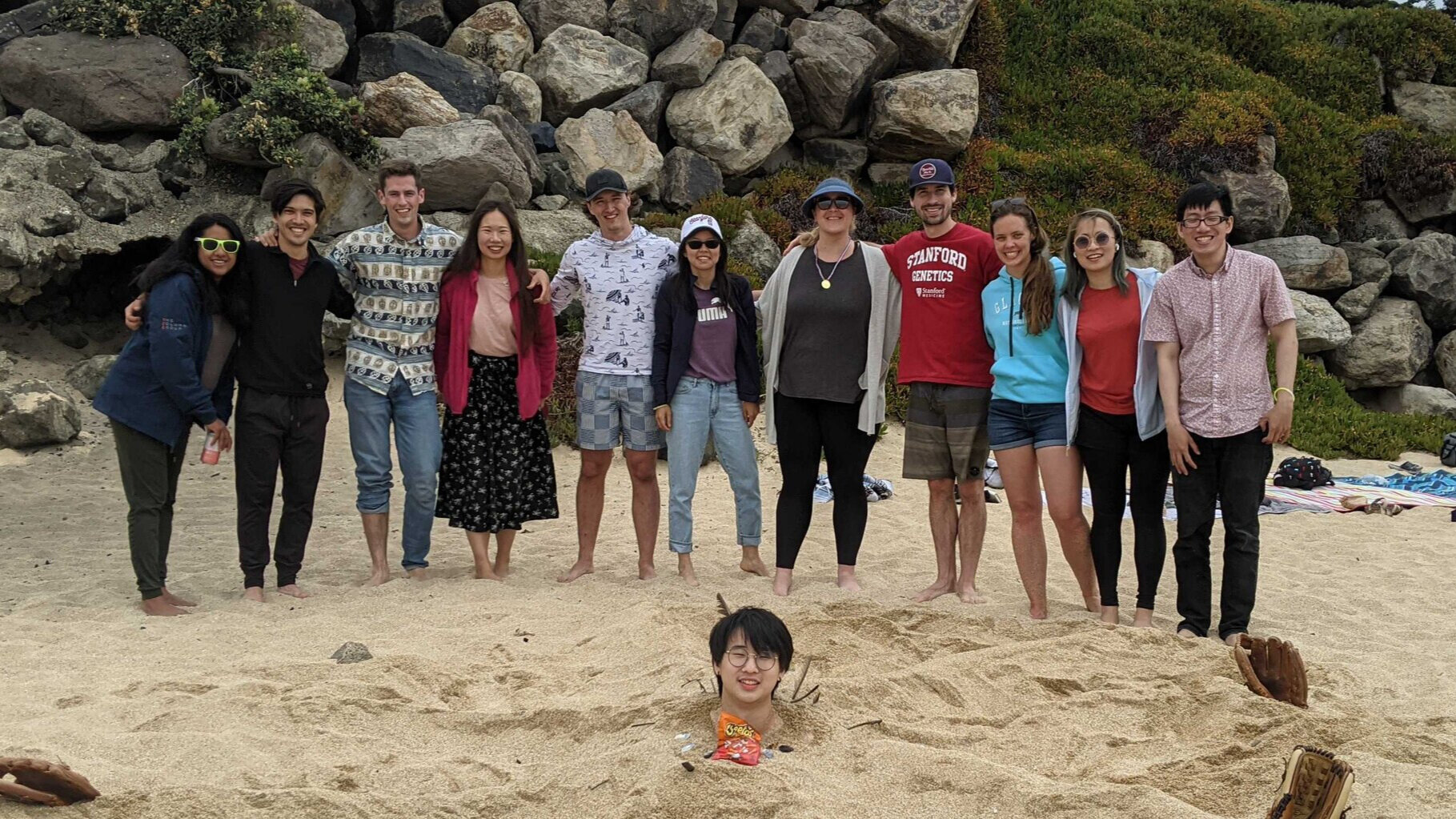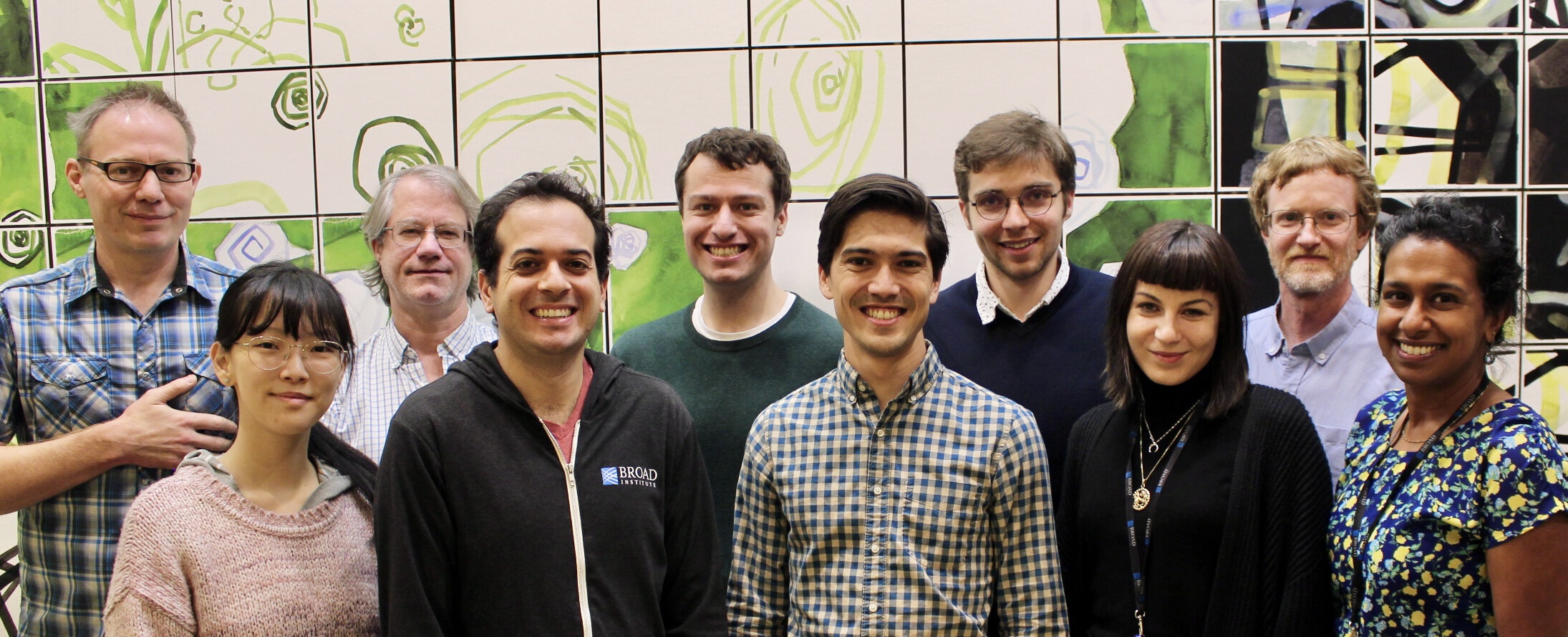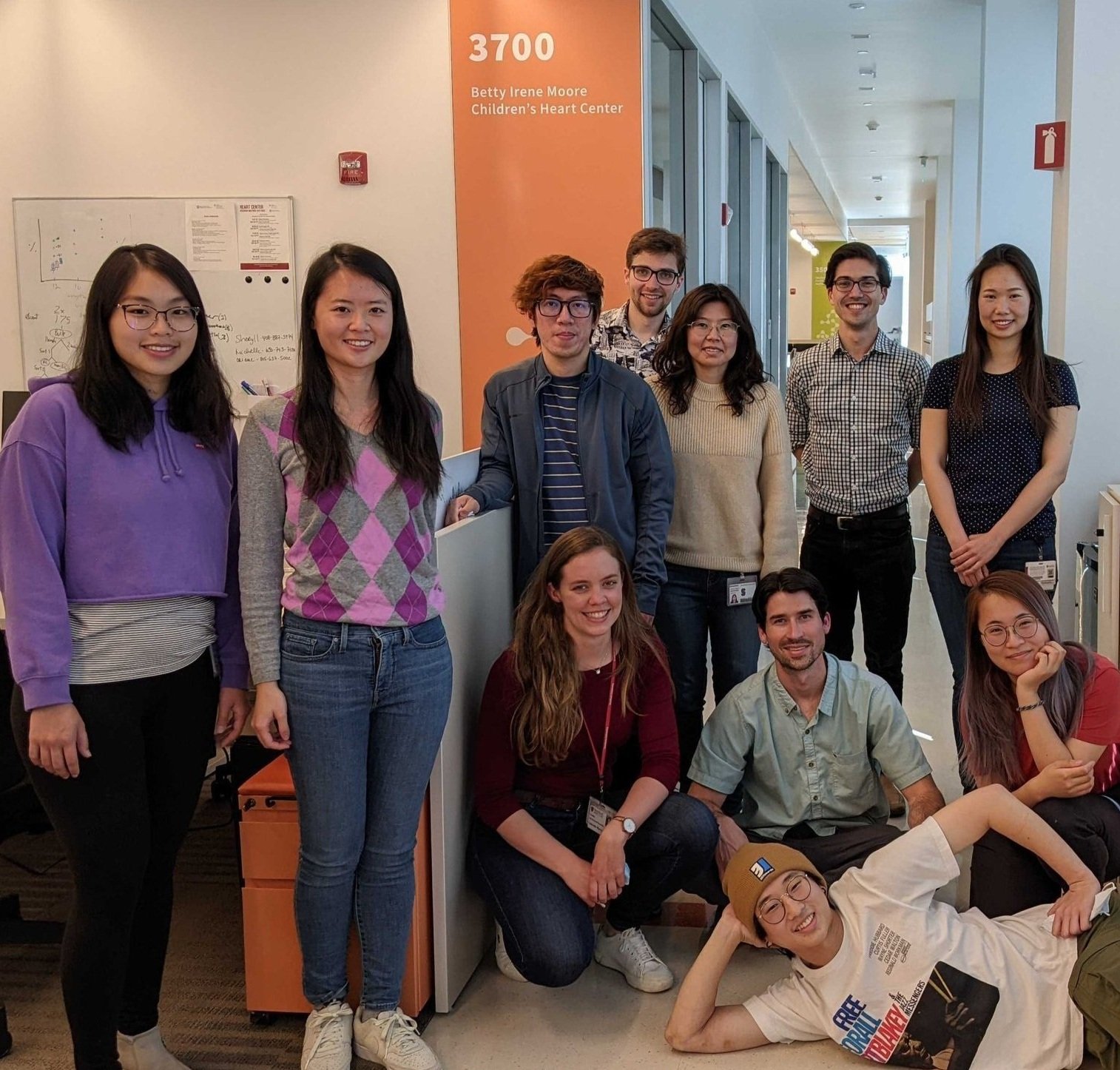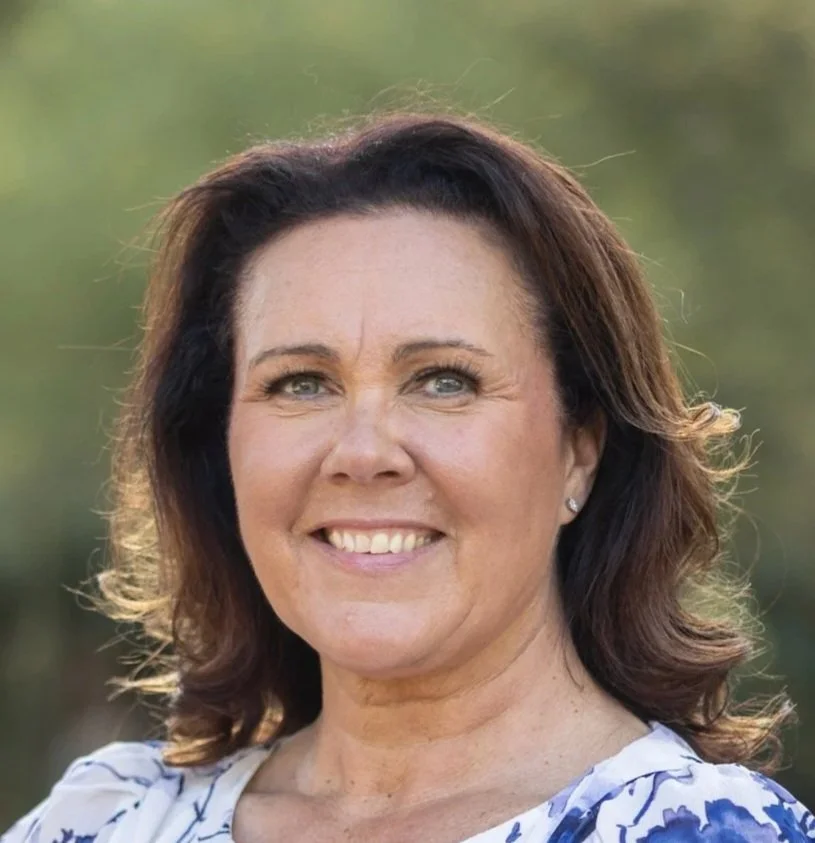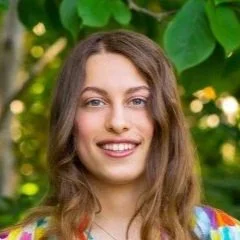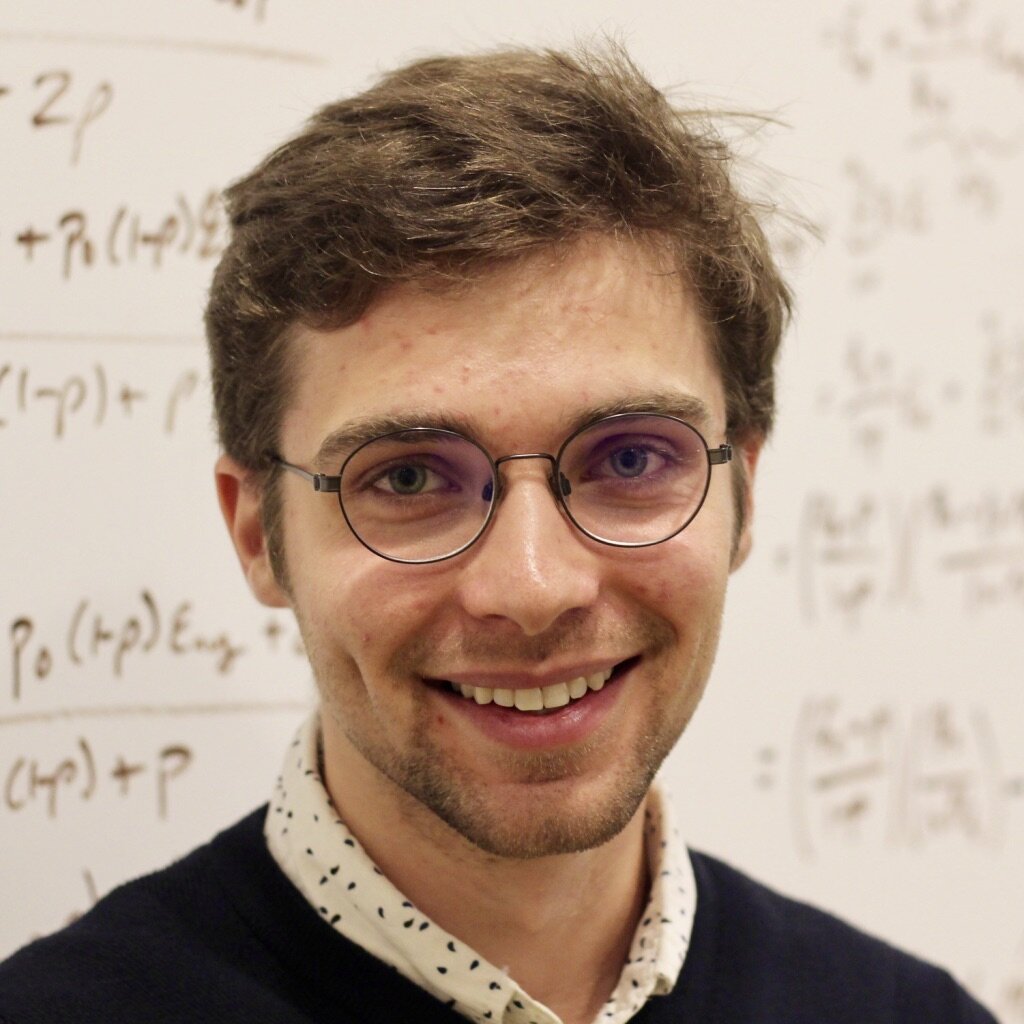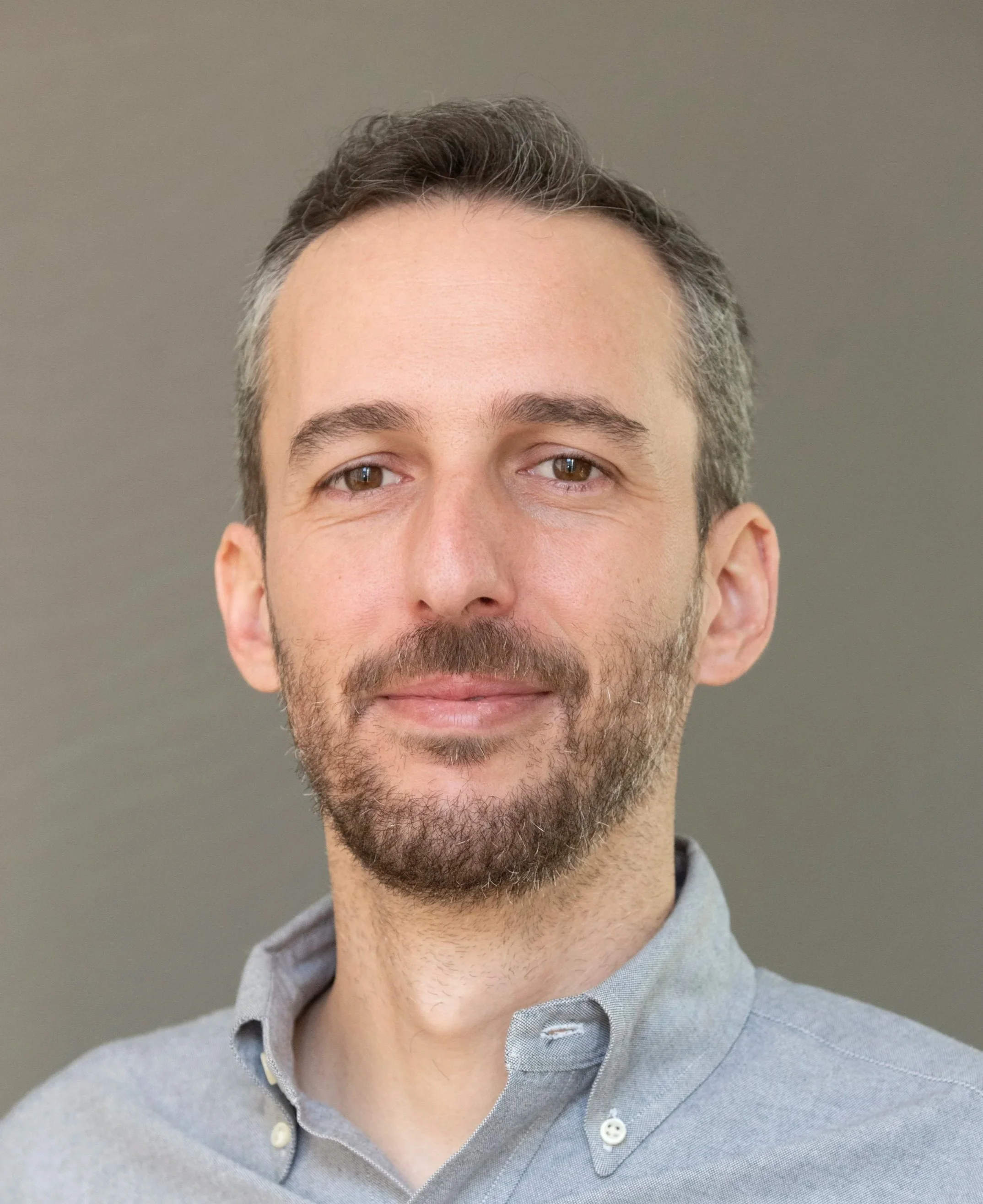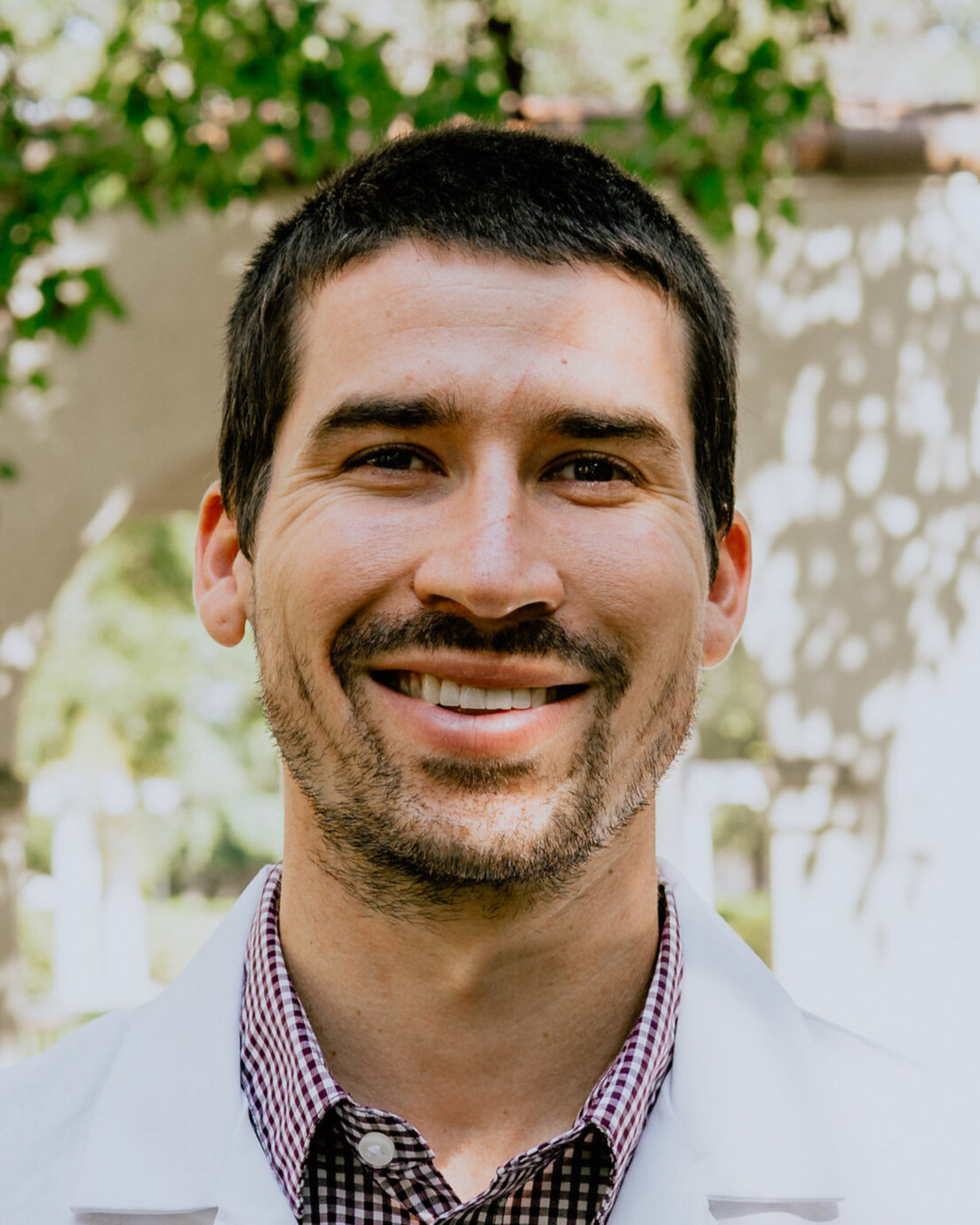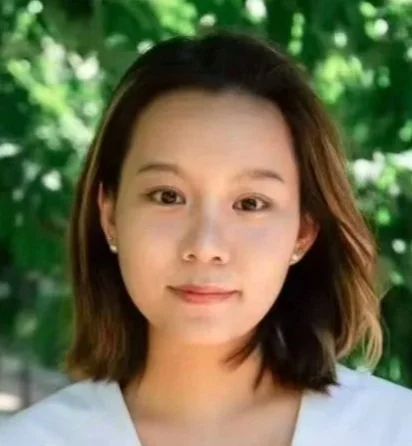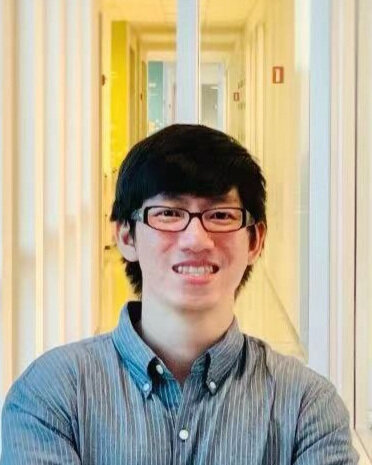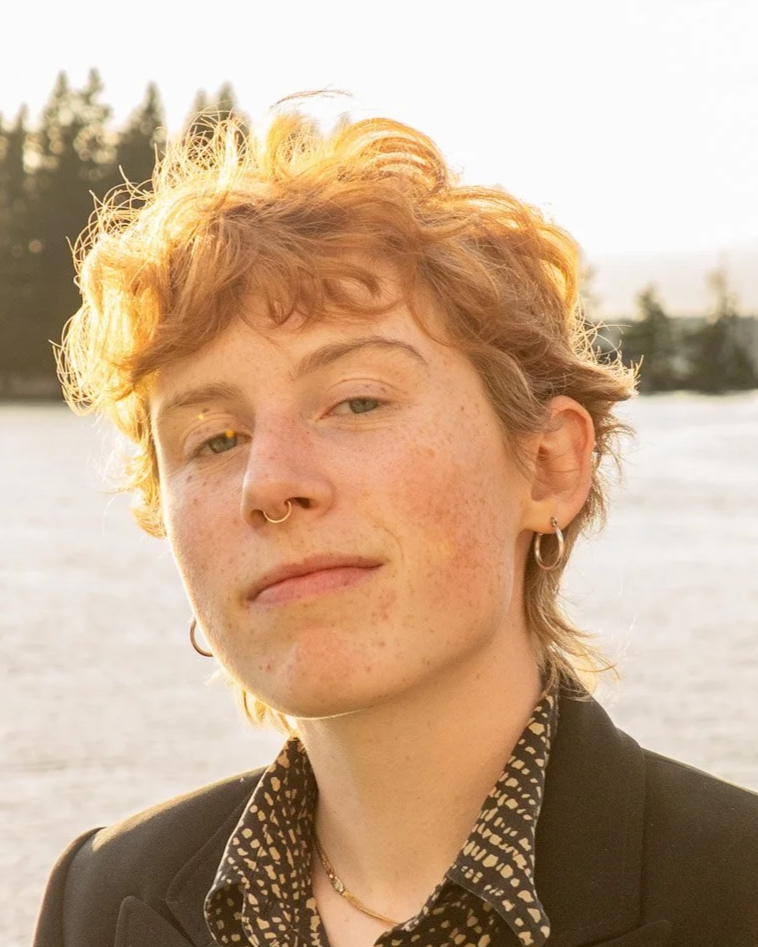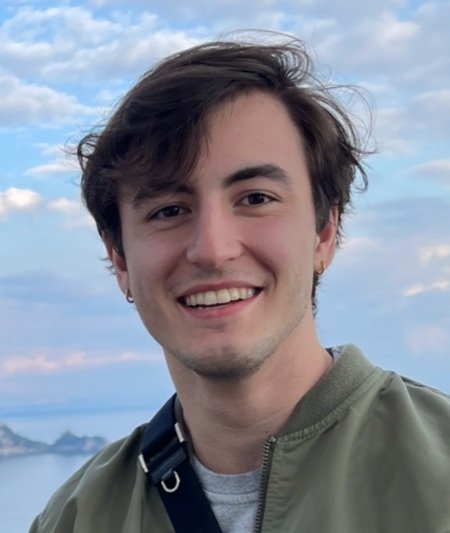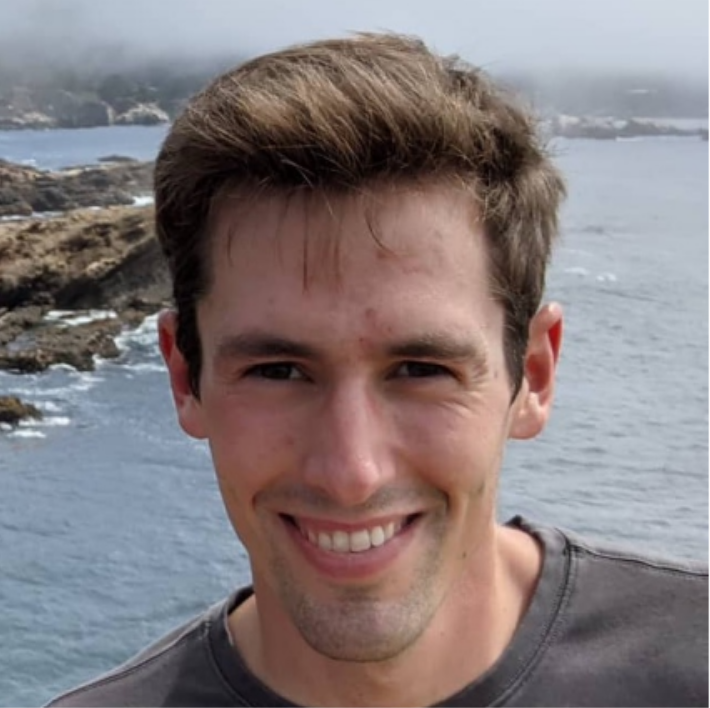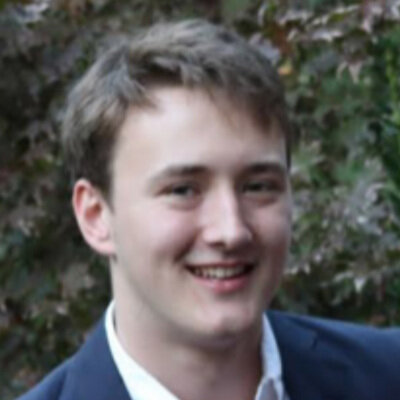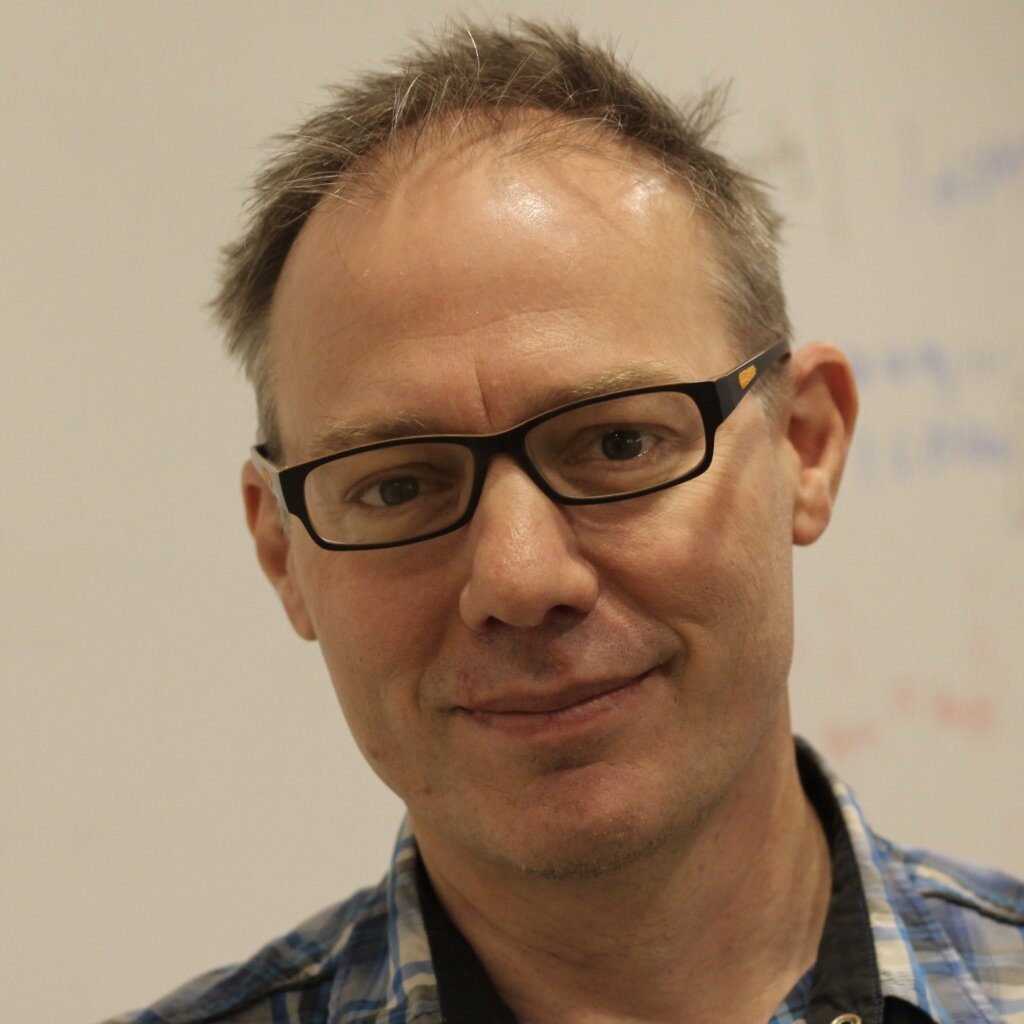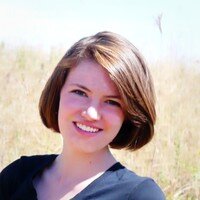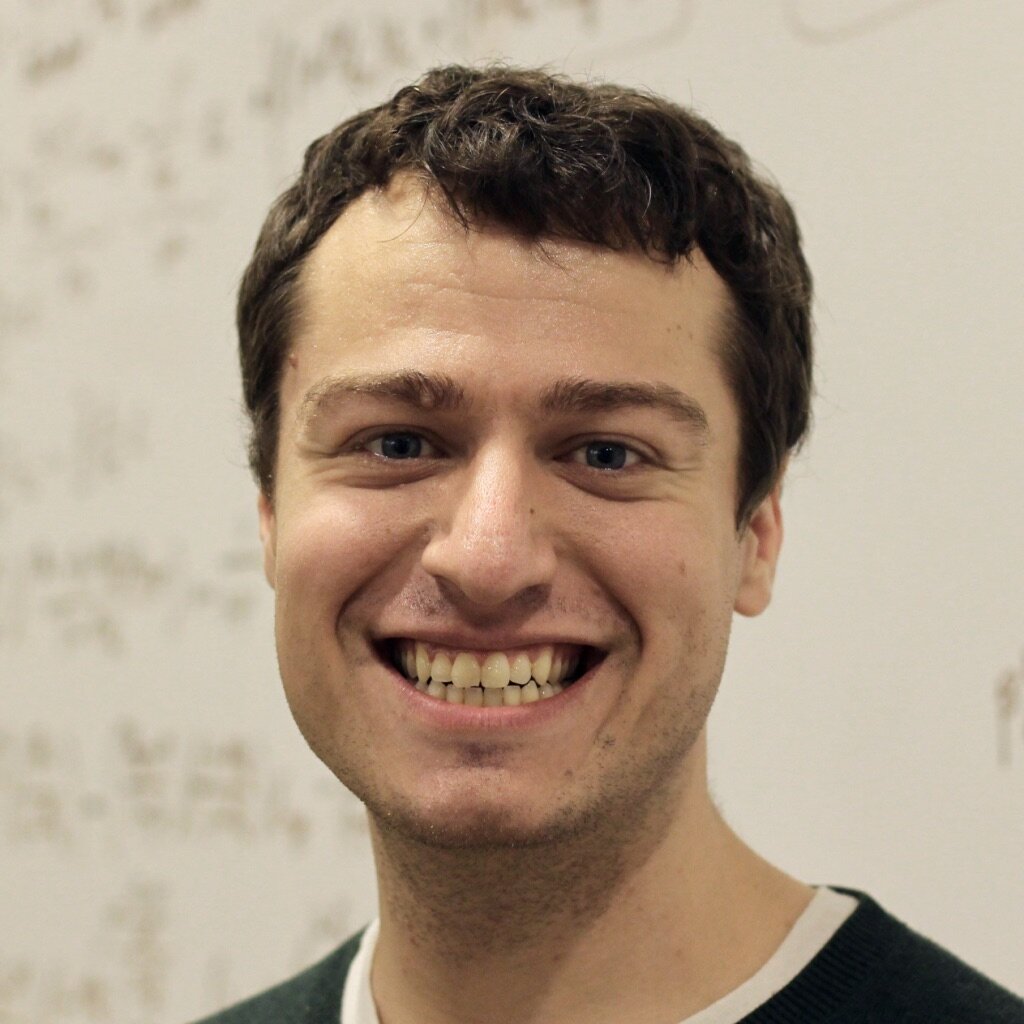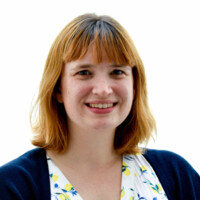Jesse Engreitz, Ph.D.
Principal Investigator
Jesse is currently an Assistant Professor at Stanford University in the Department of Genetics and the Children’s Heart Center Basic Sciences and Engineering (BASE) Initiative, and is a recipient of the NHGRI Genomic Innovator Award. He co-leads a Functional Characterization Center at Stanford for the Impact of Genomic Variation on Function (IGVF) Consortium, a Data Analysis and Validation Center for the NHGRI MorPhiC Consortium, and is an investigator in the Novo Nordisk Foundation Center for Genomic Mechanisms of Disease at the Broad Institute.
Previously, Jesse was a Junior Fellow at the Harvard Society of Fellows and led a research group at the Broad Institute of MIT and Harvard. During his postdoctoral fellowship at the Broad Institute, Jesse developed large-scale CRISPR tools to map enhancer-gene regulation with Eric Lander and Nir Hacohen, and launched the Variants-to-Function (V2F) Initiative to connect genetic disease variants to their molecular and cellular functions. Jesse previously attended Stanford University, where he developed computational algorithms for analyzing gene expression with Russ Altman, and completed his PhD in the Harvard-MIT Division of Health Sciences and Technology, where he studied genome regulation by long noncoding RNAs with Eric Lander and Mitch Guttman. His research has been supported by the National Human Genome Research Institute, National Heart, Lung, and Blood Institute, Additional Ventures, Foundations for the National Institutes of Health, Harvard Society of Fellows, Fannie and John Hertz Foundation, and Department of Defense. Outside the lab, Jesse enjoys entertaining his 2 kids, testing Chinese recipes, and surfing.
Google Scholar | Pubmed | BlueSky | Twitter
Anne-Mari Parkkinen, M.B.A.
Administrative Associate
Anne-Mari Parkkinen joined the Basic Science and Engineering (BASE) Initiative to provide administrative and operational support to the faculty and research teams. Before joining Stanford, Anne-Mari supported senior leadership at Sonic Manufacturing Technologies in Fremont, CA, where she managed complex scheduling, vendor coordination, and financial processes. Earlier in her career, she worked at Nokia in Finland, supporting large technical and leadership teams while organizing meetings, events, and communications across departments. Anne-Mari earned her MBA in Operations and Supply Chain Management from Golden Gate University in San Francisco, where she received the Outstanding Graduate Student Award, and her Bachelor of Business Administration in Accounting from Satakunta University of Applied Sciences in Finland. She is originally from Turku, Finland and spends her time traveling with her family, riding a motorcycle and enjoys all kinds of sports.
Hadley Bickford
BASE Operations Manager
Hadley is originally from the Napa Valley, and attended Iowa State University and received a BS in Animal Science. She returned to the Bay Area after graduation to work at Peninsula Equine Medical Center as a veterinary technician. During her time there, she completed the Veterinary Allied Staff Education Accelerated RVT Program, and received her Registered Veterinary Technician License in 2018. She then took over duties as Lead Technician and Office and Hospital Manager, overseeing all day to day operations of the practice. In her free time, Hadley enjoys travelling, hiking, spending time on the 80 horse ranch where she lives, and showing her own horse in Western Pleasure competitions around the country.
Kayla Brand
Computational Biologist
Kayla aims to build genome-wide maps of enhancers in the human genome by developing novel computational models. She currently works with a collaborative team in the Noncoding Variants Focus Group of the IGVF Consortium to develop and apply enhancer models. Kayla hails from Palo Alto, California, and completed her undergraduate degree in Computer Science at Wellesley College.
Danila Bredikhin, Ph.D.
Postdoctoral Scholar, Joint with Anshul Kundaje Lab
Danila is focusing on multimodal models that integrate sequence information with gene expression in order to study the enhancer-gene interactions at single-cell and base-pair resolution. He is interested in finding ways to improve the predictive power of the models that determine the functional outcome of genetic variation in cis-regulatory elements. Danila completed his Ph.D. at the European Molecular Biology Laboratory where he worked on statistical integration methods for single-cell multimodal omics in the group of Oliver Stegle. His research includes developing statistical methods and computational instruments for multimodal data integration and devising approaches to identify transcriptional regulators from perturbation screens. Danila is also a co-founder and core developer of scverse, an open-source consortium that aims to drive development and support maintenance of the foundational tools in single-cell genomics. Beyond the lab, Danila enjoys cycling, sailing, music, and tea.
Xiangmeng Shawn Cai, M.S.
PhD Student (Bioengineering), Joint with Lacra Bintu Lab
Shawn aims to understand the functions and dynamics of cis-regulatory elements, with a specific focus on the role of transcription factors (TFs). His research interests encompass exploring how TFs influence the 3D structure of the genome and how the interactions between TFs and their co-factors contribute to the functions of cis-regulatory elements. To do this, he seeks to develop high-throughput tools designed to perturb, re-write and restructure the human genome. Before joining the Engreitz Lab, Shawn obtained a B.S. of Bioengineering and a M.S. of Computer Science from Stanford University. As an undergraduate student, he worked in Dr. Stanley Qi’s lab to develop synthetic biology tools, which enabled him to understand how 3D localization in the nucleus can impact the functionality of genetic elements. Outside of the lab, he enjoys reading, going to concerts, and playing piano.
Maggie S. Chen, M.Res
MD-PhD Student (Genetics)
Maggie aims to understand the interplay between enhancers, genes, and variants in cardiac organoids and other cardiac cell models to better understand how regulatory networks change over time and during disease development. Previously, she studied developmental biology at Harvard College, then completed a M.Res. in Bioengineering at Imperial College London through the British Marshall Scholarship. Beyond the lab bench, Maggie is a science journalist covering biology, health, and funky animals whose words appear in The New York Times, WIRED, Scientific American, et al.
Stephanie Conley
Lab Manager and Research Associate
Stephanie is interested in the role enhancers and promoters play in heart disease, specifically congenital heart diseases. Before coming to the Engreitz Lab, Stephanie was a researcher in Irving Weissman’s lab at Stanford, where she contributed to single-cell RNA-seq projects focused on building the human and mouse cell atlas. Some of Stephanie’s work includes the identification of the human skeletal stem cell, the molecular cell atlas of human lung and brain, and the mouse single-cell atlas. Stephanie left the California Mojave Desert to complete her undergraduate degree at UC San Diego, where she studied Biochemistry and Cell Biology. Currently, she is studying for her master’s in Computer Science. Outside the lab, she likes to expand her plant collection and explore Bay Area hiking trails.
Ben Doughty
Collaborator, PhD Student (Genetics) in Will Greenleaf Lab
Ben joined the Engreitz Lab at the Broad Institute to develop experimental and computational tools to study enhancers and noncoding GWAS variants at single-cell resolution. He continues to collaborate with the lab as PhD student in the Stanford Genetics program. He is enthusiastic about Bayesian statistics and elegant pipelines. Before joining the Engreitz Lab, Ben completed an undergraduate degree at Brown University, where he studied DNA re-replication and origin mapping with Susan Gerbi. Outside of lab, he enjoys riding his bike and eating feta cheese, and you can often find him swing dancing around Boston.
Andreas Gschwind, Ph.D.
Research Scientist, Joint with Lars Steinmetz Lab
Andreas’ main interests lie in understanding how cis-regulatory elements, such as enhancers, shape a cell’s transcriptome and how genetic variation affects these regulatory mechanisms. To this end, he analyzes pooled CRISPR perturbation screens to learn fundamental rules of gene regulation, and to build and evaluate computational methods that predict regulatory connections across the genome and cell types. As part of his postdoc, Andreas led the bioinformatics work for the development of Targeted Perturb-seq (TAP-seq), a novel experimental approach that combines pooled CRISPRi perturbations with targeted single-cell RNA-seq readout. TAP-seq enables identifying effects of perturbed regulatory elements with high sensitivity at low sequencing cost. Before coming to Stanford, Andreas obtained his PhD from the University of Lausanne in Switzerland, where he studied the functional impact of genetic variation on chromatin landscape and gene expression. Outside of work, Andreas likes to explore California’s stunning nature.
Philine Guckelberger, Ph.D.
Postdoctoral Fellow, FutureHouse
Philine aims to understand how 3D chromosome conformation controls enhancer function, by developing new tools for large-scale CRISPR perturbations and AI-informed interpretation. Philine worked in the Engreitz and Lander Labs at the Broad Institute, completed her PhD in the laboratory of Alex Meissner at the Max Planck Institute for Molecular Genetics, and continues to collaborate as a postdoctoral fellow at FutureHouse. Previously, Philine completed her undergraduate thesis work at the Max-Planck Institute for Molecular Genetics in the laboratory of Stefan Mundlos studying transcriptional control by enhancers in context of 3D genome architecture during limb development. Philine loves CTCF and big faux fur coats. Outside of the lab you will probably find her in the nearest thrift store playing Lana del Rey.
Jacob Huang
Research Associate, NNF Center for Genomic Mechanisms of Disease, Broad Institute
Jacob is interested in understanding gene regulatory networks across the human genome. Specifically, he aims to comprehensively map enhancer-gene connections across various cell types and dynamic systems by studying the differentiation of hepatocytes, with the hope of uncovering mechanisms driving genetic diseases. Before joining the Human Gene Regulation Map team at the Broad Institute, Jacob earned a B.A. in Biology from the University of Pennsylvania with a concentration in molecular biology. During his undergraduate studies, Jacob researched cancer-related regulatory proteins linked to neurodegeneration at the Abramson Cancer Research Institute. Outside the lab, Jacob enjoys biking, hiking, cooking, and amateur bartending.
Helen Kang
Collaborator, PhD student at MIT in Rajat Gupta and Bonnie Berger Labs
Helen is interested in studying gene regulatory networks in cardiovascular disease. Helen worked as a computational research associate in the Engreitz Lab from 2020-2023, where she led the development of the Variant-to-Gene-to-Program method its application to Perturb-seq data. In 2023, she joined the PhD Programs in Computational Systems Biology at MIT. She continues to collaborate with the Engreitz Lab. Previously, Helen worked on information integration in nonlinear systems in the Sommer Lab at the Redwood Center for Theoretical Neuroscience as an undergraduate student. She completed her undergraduate studies in Applied Mathematics and Molecular and Cell Biology with Neurobiology emphasis at UC Berkeley. Outside the lab, she enjoys taking care of her plants and exploring local cafes.
Yannick Lee-yow
PhD Student (Genetics), Joint with Howard Chang Lab
Yannick is a PhD student and NSF Graduate Research Fellow in the Stanford Genetics program, co-mentored by Jesse Engreitz and Howard Chang. He is interested in understanding the roles and underlying mechanisms of circular RNAs in gene regulation, development, and human disease. Before joining the Engreitz lab, Yannick studied at the University of Colorado Boulder, where he majored in Molecular Biology and Biochemistry, and worked in Ding Xue's lab. His work in the Xue lab involved utilizing the C. elegans model to investigate genes involved in mitochondrial stress response and disease, as well as understand the molecular effects of radiotherapy. Outside of lab, Yannick enjoys playing piano, listening to jazz music, and hanging out with his cat, Sakamoto.
Eugenio Mattei, Ph.D.
Collaborator, NNF Center for Genomic Mechanisms of Disease, Broad Institute
Eugenio Mattei is a Senior Computational Scientist at the Broad Institute of MIT and Harvard, where he studies how genome regulation and chromatin organization shape human disease. His work focuses on enhancer–gene regulation, single-cell and multi-omic data analysis, and the role of transposable elements in cancer and neurological disorders. In the Engreitz Lab, he develops computational methods to identify key gene regulatory programs during cardiac cell differentiation and to model changes in gene regulation dynamics across cell states from CRISPRi screening data. He is an active member of the IGVF and NNFC consortia, where he contributes to the development of scalable analysis workflows and metadata standards. Before joining the Broad Institute, Eugenio was a postdoctoral fellow at UMass Medical School, working within the psychENCODE project to investigate the epigenetic and genetic architecture of psychiatric disorders. He holds a Ph.D. in Bioinformatics from the University of Rome “Tor Vergata” and a B.S. in Computer Engineering from the University of Palermo.
Michael Montgomery, Ph.D.
Former PhD student, Collaborator
Michael completed his PhD in the Engreitz Lab as an NSF Graduate Research Fellow in the Stanford Department of Genetics. He is particularly interested in understanding how dynamic interactions between enhancers, transcription factors and target genes orchestrate differentiation and function of complex tissues such as the human heart. Before joining the Engreitz Lab, Michael obtained a B.S. in Microbiology from California State University, Long Beach and spent three years as a researcher in Max Seibold’s Lab at National Jewish Health in Denver, CO. His work in the Seibold Lab included investigating the effects of air pollution on the asthmatic lung and deploying gene-editing methods to identify genes underlying differentiation of lung cell types. Outside of the lab, Michael enjoys backpacking in the Sierra Nevada Mountains, spending time at the dog park, and skateboarding.
Alexandra Mo, M.S.
Computational Biologist
Alexandra is interested in developing computational methods to identify co-activated gene programs, with a particular focus on optimizing and benchmarking non-negative matrix factorization approaches. Prior to joining the Engreitz Lab, she worked at Johns Hopkins, where she developed a mutual information–based model to link enhancers to their target genes. She earned her B.S./M.S. in computer science and biomedical engineering at Hopkins. Outside the lab, she enjoys reading manga and exploring food photography.
Glen Munson
Collaborator, NNF Center for Genomic Mechanisms of Disease, Broad Institute
Glen specializes in high-throughput technologies for engineering cells and performing large-scale perturbation screens. Glen joined what was soon to become the Broad Institute in 2002, and has helped to develop and implement numerous high-throughput genomics technologies. Glen worked with Jesse at the Broad Institute to study the functions of lncRNAs and enhancers, and continues to collaborate with the team as part of the NNF Center for Genomic Mechanisms of Disease.
Tri Nguyen, Ph.D.
Postdoctoral Fellow
Tri is interested in understanding the functions of disease genes and their regulations in tissue homeostasis. He aims to decipher disease-critical cell types, together with cell-autonomous and nonautonomous processes that underlie cardiovascular diseases. Prior to joining the Engreitz lab, Tri completed his Ph.D. in Bioengineering at the University of California, San Diego under the guidance of Professor Sheng Zhong. During his Ph.D., he developed high throughput technologies to map RNA-RNA, and RNA-chromatin interactomes at bulk and single-cell resolution, applying them to discover new molecular mechanisms of vascular endothelial cell dysfunction in diabetes. He also holds a B.Eng. in Bioengineering from the Nanyang Technological University, Singapore. Outside of lab, he enjoys exploring new food fads, reading books short-listed for major prizes, and checking out new musicals at BroadwaySF.
Angel Ochoa Rodriguez
Undergraduate Student, Biomedical Computation
Angel is an undergraduate student developing visual and interactive tools to help researchers interpret results and improve their understanding of variants and their functions. Aside from working on these tools, he is particularly interested in congenital heart disease and bringing potential clinical solutions to help patients. Outside of the lab, he spends his time learning the bass guitar and visiting the redwoods. Angel is currently working on a B.S. in Biomedical Computation at Stanford and is looking to get a master's in Bioengineering.
Olga Pushkarev, Ph.D.
Postdoctoral Fellow, Joint with Marlene Rabinovitch Lab
Olga is interested in the mechanisms of gene regulation, particularly how cis-regulatory elements communicate to orchestrate gene expression across contexts, and how genetic variation within these elements contributes to human disease. In the Engreitz Lab, she aims to characterize the roles of key genes in the onset and progression of pulmonary arterial hypertension (PAH), with the goal of identifying potential therapeutic targets. Olga earned her PhD in Computational and Quantitative Biology from EPFL, where she studied the cell type specificity of gene regulatory variation in humans through the concept of chromatin modules. Outside the lab, she enjoys drawing, reading, and staying active outdoors.
Oriane Matthys Rubio, Ph.D.
Research Program Manager, BASE Initiative
Oriane works with the BASE Program faculty, administration, and lab members to support research projects and collaborations, secure grant funding, and develop scientific and professional development programming. She holds a Ph.D. in Bioengineering from UC San Francisco/UC Berkeley and a B.S.E. in Biomedical Engineering from Duke University. Oriane found her passion at the niche intersection of science and administration, and is continually inspired by the innovative and collaborative research environment at BASE and Stanford. Outside of work, Oriane enjoys traveling, testing out new recipes in the kitchen, and exploring the outdoors with her two dogs.
Gavin Schnitzler, Ph.D.
Collaborator, Raj Gupta Lab, Broad Institute
Gavin received his PhD from UCSD in Molecular Biology, and finished a postdoctoral fellowship with Bob Kingston at MGH. Before joining the group, he managed a small group of researchers at Tufts Medical School/Tufts Medical Center, on projects ranging from biochemical mechanisms of transcriptional regulation in chromatin to epigenomic and organismal mechanisms underlying the vasculoprotective effects of estrogen. He is currently spearheading an effort to develop methods to much more rapidly connect noncoding GWAS variants associated with cardiovascular disease to target genes and cellular mechanisms.
Maya Sheth
PhD Student (Bioengineering), Joint with Polly Pordyce Lab
Maya hopes to apply the powerful tools of single-cell sequencing and analytic techniques to tackle the critical challenges of human disease and environmental conservation. She hopes to develop new methods of analysis to construct high-resolution, dynamic maps of biological systems. Before working with the Engreitz Lab, Maya completed her undergraduate studies in Biomedical Engineering at Duke University. While at Duke, she worked with the Comparative Oncology Group, applying ecological and evolutionary approaches to cancer research. Specifically, she studied what cetaceans can teach us about hypoxia tolerance, how phenotypic plasticity contributes to drug resistance in prostate cancer, and how clinical trials for pet dogs with sarcomas can help build more effective drug discovery pipelines for canines and humans alike. Outside the lab, Maya enjoys sunshine, coffee, and playing with her dog, Laguna.
Jason Tan
PhD Student (Computer Science), Joint with Will Greenleaf Lab
Jason is a PhD student and NSF Graduate Research Fellow in the Stanford Computer Science program. He is interested in developing computational and experimental tools to understand the mechanisms of enhancer function. Previously, Jason studied computer science at Rice University and dabbled in epigenome editing and metagenomics. Outside of lab, he’s either dog walking or busy being a foodie.
Julia Vahey
Research Associate
Julia is interested in the ways noncoding elements of the genome contribute to traits, and in mapping enhancer-gene connections using high-throughput methods. Before joining the Engreitz lab, Julia obtained a BS/BA in Biology/Music from the University of Puget Sound, contributing to Bryan Thines’s lab researching protein dynamics in plant environmental stress response pathways. Outside of the lab, Julia enjoys playing the flute, finding tasty vegan food in the bay area, and hiking.
Coco Xia
Undergraduate Student, Biomedical Computation
Coco Xia is an undergraduate at Stanford gaining introductory experience in molecular biology and computational tools in biology. This summer, she assisted Shawn in lab tasks, data cleanup, and basic data organization. She is broadly interested in interdisciplinary science, and in her free time, she enjoys writing, birdwatching, and reading.
Tony Zeng
PhD Student (Genetics), Joint with Jonathan Pritchard Lab
Tony aims to apply genetic approaches to understand the molecular and cellular processes that cause disease. He is particularly interested in modeling data from high-throughput and high-content perturbation experiments, with a focus on causal discovery for coronary artery disease. Previously, Tony worked on computational methods to study alternative splicing as an undergraduate at the University of Chicago, where he majored in Computational and Applied Math.
Ronghao Zhou
PhD Student (Genetics), Joint with Tom Rando Lab
Ronghao is a PhD student in the Genetics program, co-mentored by Jesse and Tom Rando. Ronghao is interested in studying the genetic and epigenetic changes of aging, and hopes to find the potential causes of aging. Before joining the Engreitz lab, Ronghao went to Wellesley College, where she majored in Chemistry and Mathematics, and worked in the Keith Joung Lab at MGH on gene editing. Outside of lab, she enjoys exploring the Bay Area.
Former Lab Members
James Galante
Computational Research Associate, Engreitz & Steinmetz Labs, 2023-2025
Subsequent position: PhD Program in Genetics, Stanford University
Judhajeet Ray, Ph.D.
Research Scientist, NNF Center for Genomic Mechanisms of Disease @ Broad Institute
Subsequent position: Technology Development Lead, Cancer DepMap Program @ Broad Institute
Revant Gupta, Ph.D.
Computational Scientist, 2024-2025
Subsequent position: Machine Learning Scientist, Relation Therapeutics
Sarah Xia
Research Associate, 2023-2025
Subsequent position: PhD Program in Biological Sciencies, UC San Diego
Rosa Ma
PhD student (Genetics), 2021-2025
Subsequent position: Illumina AI Labs
Gabriella Martyn, Ph.D.
Postdoctoral Fellow, 2021-2025
Subsequent position: Senior Scientist, Arc Institute
Dulguun Amgalan, Ph.D.
Postdoctoral Fellow, 2020-2025
Subsequent position: Group Leader, Illumina AI Lab
Evelyn Jagoda, Ph.D.
Research Scientist, Novo Nordisk Foundation Center for Genomic Mechanisms of Disease at the Broad Institute
Subsequent position: Senior Translational Scientist at Tempus AI
Aarthee Baskaran
Associate Computational Biologist, Novo Nordisk Foundation Center for Genomic Mechanisms of Disease at the Broad Institute
Chloe McCreery
Research Associate
Subsequent position: MD Program, University of Hawaii
Anthony Tan
Computational Biologist
Subsequent position: Machine Learning Engineer, Profluent
Hank Jones
Research Associate
Subsequent position: PhD Program in Genetics, Stanford
Katherine Guo
Associate Computational Biologist
Subsequent position: MD Program, UC Davis
Chad Munger
Research Associate
Subsequent position: PhD Program in Biology, MIT
Drew Bergman
Research Associate
Subsequent position: MD Program, Dartmouth
Antonio Rios
Undergraduate Researcher
Subsequent position: Researcher, Genentech
Ray Jones, Ph.D.
Senior Computational Biologist
Subsequent position: Group Leader, Broad Institute
Joe Nasser, M.S.
Associate Computational Biologist, 2017-2020
Subsequent position: Staff Scientist, Harvard Medical School
Kaite Zhang
Research Associate, Lander Lab, Broad Institute
Subsequent position: PhD Program, Tetrad, UC San Francisco
Kate Lawrence
Undergraduate Researcher, 2017-2020
Subsequent position: PhD Program in Genetics, Stanford University
Tejal Patwardhan
Undergraduate Researcher, 2017-2020
Charlie Fulco, Ph.D.
PhD Student and Postdoctoral Fellow, 2014-2019
Subsequent position: Investigator, Bristol-Myers Squibb
Tung Nguyen, M.S.
Research Associate, 2017-2019
Subsequent position: NIH MD/PhD Oxford-Cambridge Scholars Program, University of Wisconsin
Liz Perez
Research Associate, 2015-2017
Subsequent position: PhD Program in Systems Biology, Harvard Medical School
Rockwell Anyoha
Research Associate, 2015-2017
Subsequent position: PhD Program in Molecular and Cellular Biology, Harvard University
Michael Kane
Research Associate, 2015-2020
Subsequent position: Retired.
Jenna Haines
Research Associate, 2014-2015
Subsequent position: PhD Program in Molecular & Cell Biology, UC Berkeley

